NFT Marketplace Development Services
Launch Your own NFT Marketplace
NFT Marketplace Development: Are you looking to launch an NFT Marketplace akin to prominent platforms like OpenSea, Sorare, Rarible, and Binance Market? With our comprehensive NFT Marketplace Builder Script, you can easily establish your unique, cost-effective NFT Marketplace. Start building your platform today and enter the thriving world of digital asset trading!
White-Label NFT Marketplace Software
Embark on a journey into the dynamic world of NFTs with our state-of-the-art White-Label NFT Marketplace Software. Designed for seamless integration and maximum customization, this platform is your gateway to launching a fully-functional, brand-aligned NFT marketplace with ease. Whether you’re aiming to captivate artists, collectors, or investors, our software provides a robust, secure, and user-friendly environment to buy, sell, and trade digital assets. Leverage the power of blockchain technology and unlock new opportunities in the ever-evolving digital asset space with a solution that’s as unique as your vision. Join the revolution and establish your mark in the NFT world today!
NFT Marketplace Frontend Features

Built on React, NextJS , Web3 JS
React is the most popular JS framework in crypto and blockchain community. With developer community contribution, react ecosytem has good libaraies to interact with Smart Contracts and Blockchain. Also React is the leading front end development framework.
Mobile First Responsive Web Design
The frontend is developed using Utiliy First TailwindCSS framework. The designs are easy to customize and apploes Mobile First responsive design.
User Journey / User Experience

React JS
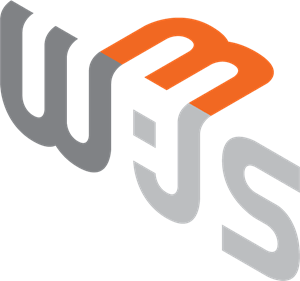
Web3 JS
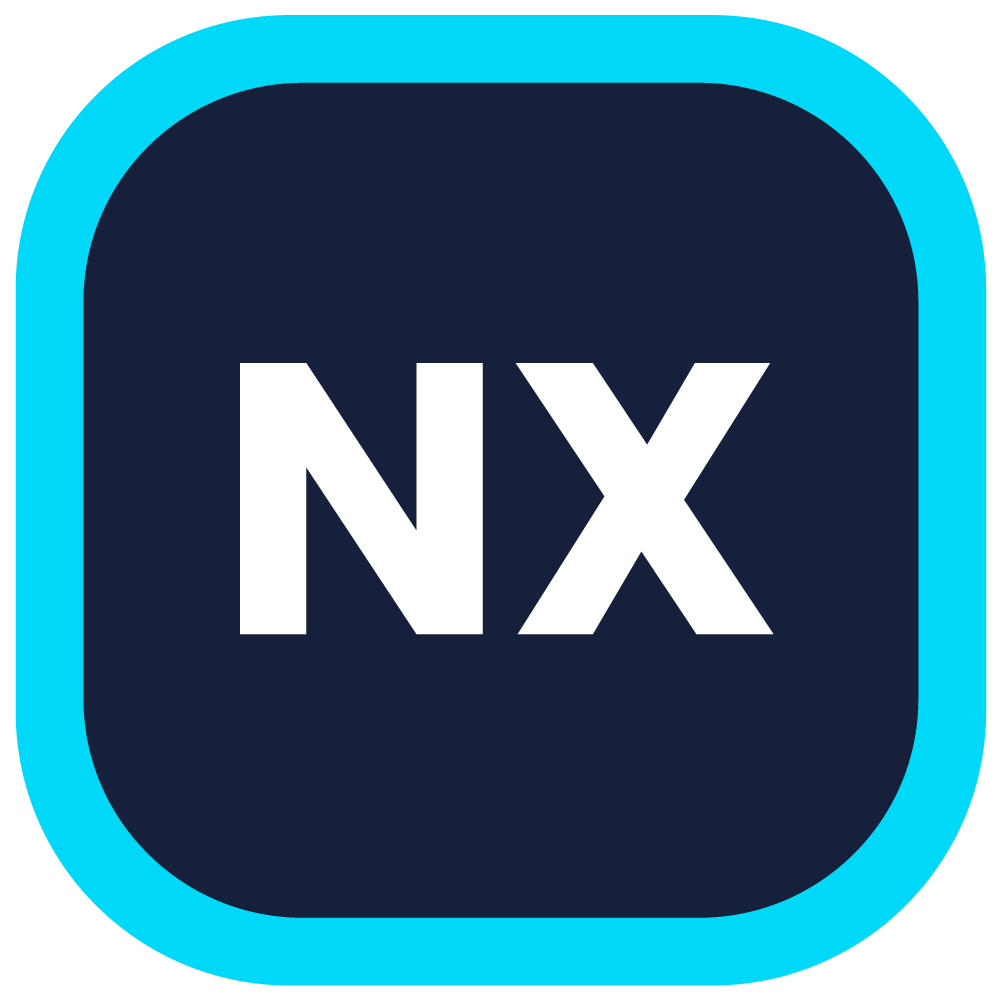
Next JS

Ethers JS

Tailwind CSS
NFT Marketplace Platform Key
Design Considerations
Store Front

Homepage
An attractive and unique homepage design is key for NFT Marketplace. Generally homepage focuses on Branding and presenting the Hot Selling NFT Collections and featured NFT Collection. It also present the Top Selling Creators and Collections. A stats section also adds value.
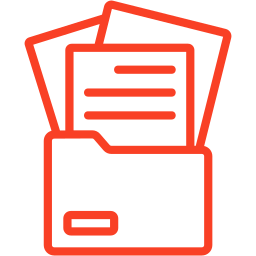
Collections
Collections are curated list of NFTs based on category or creator or item property. In most of the poular commercial NFT Platforms, the NFTs are grouped as Collections and presented. This helps users to understand the items and quickly navigate to collection main page and then into the NFT Item detail page.

Search Bar
The most common use case in any NFT Store front is Search. The NFT catelog can be searched as Token, Hash, Keyword, Creator Name, Collection name, or item name.

Filters
The NFT items are commonly filtered based on the Price (low to high – high to low sorting ), creator, collection, rating, bid end date and number of active bids.

Item Detail Page
NFT Item detail page present the Item Title, Item Description, Item Meta Data, Category, Tags, Current Owner Information, CurrentPrice, Bidding Info, and Image / Video / GIF / Audio. It also include the rating and comments. There is also an option to REPORT the item in case of ownership issue or copyright issue.

Permalink, Sharing & Widget
To maximize the sale prospect, the Item can be shared as Permalink to popular social media platforms. Also, the item info can ba shared as Embeddable Widget. Widgets are HTML + JavaScript snippets that work on any platform including Squarespace, Wix, WordPress, HubSpot, Joomla and more!
Buyer Experience
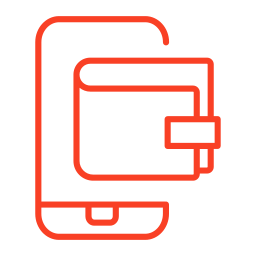
Connect Wallet
The NFT buying process starts with connecting their wallet. In current altcoin ecosytem, more than 20 wallet services are available. By incorporating more wallet connection options, there is ample opportunity to attract more buyers.
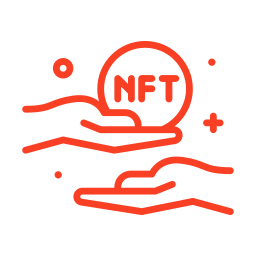
Buy NFT Item
The NFT item listed with fixed price can be simpley purchased by clicing the Buy Now button. The Buy Now CTA button is designed as per industry standards to make more conversion.

NFT Bidding
The NFT Items drafted in auction can be purchased by bidding for the highest price. The buyer can see the previous bids and higher bidder info.
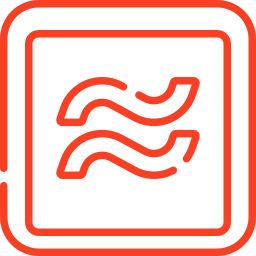
Smilier Items
A section showing similar items from the same collection or same creator will give more option for buyer to choose with. It attracts voulme buying.
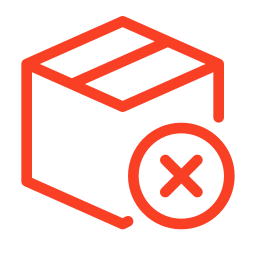
Recently Sold
A section showing the recently sold items from the same collection or same creator will create FOMO and result in purchase.

Rating & Reviews
The NFT Bundle or NFT creator’s star rating and reviews will help the buyer in making the purchase decision.
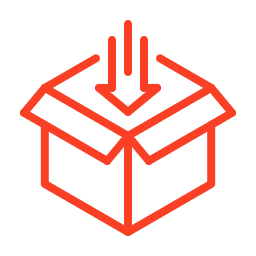
My Collection
When the buyer completes the purchase, the item added to his collection. The user can tag it for quick reference.
Seller Experience

Asset Category
An NFT Asset can be an Image, GIF, Audio, Video, or anything ( a Tweet Screenshot), so the marketplace should be designed to support based on category.

Bundle
A seller should be able to make a set of similar NFT assets as. a bundle. A bundle with Cover Image & Description will deliver needful information.

Personal Branding
The seller is able to promote himself by giving short profile info and connecting his/her web links and portfolio links. They also share their social handles for quick connect.

Ease of NFT Upload
The ease of NFT Upload, thumbnail creation, and catalog creation improve the NFT Seller experience. Helpful video tutorials and screencasts add value.
NFT Storage

IFPS URL and CID
IPFS URLs and CIDs can be used in NFTs and metadata to ensure the NFT forever actually refers to the intended data (eliminating things like rug pulls and making it trustlessly verifiable what content an NFT is associated with).

REST API Access
For developer-friendly solutions, it is important the NFT Storage solution supports REST API access. It helps to develop NFT Marketplace and gives a seamless experience.

Storage
The process of storing NFT assets & NFT Data should be simple. Just prepare the data in the given format and upload the data. The library will take care of converting the data and creating CID & IFPS URL
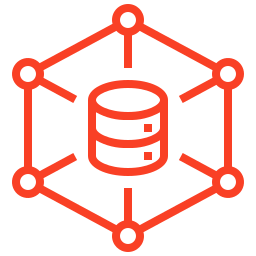
Retrieve
A decentralized IPFS network allows easy access to the stored NFT data. CIDs reference immutable content ensuring the original NFT data. The data is easily accessed via a public IPFS gateway.
Wallet
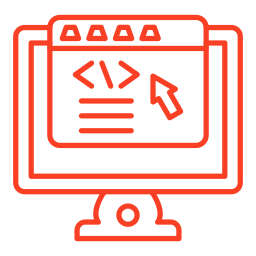
Improved UX
Building your own NFT Wallet helps to improve the User Experience. It adds additional ecosystem value to the NFT marketplace.
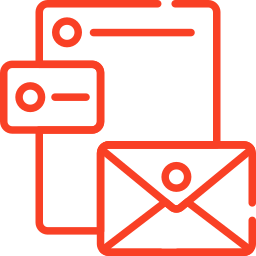
Branding
Developing your own wallet gives better branding value and the metadata can be presented in the meaninful way.
KYC
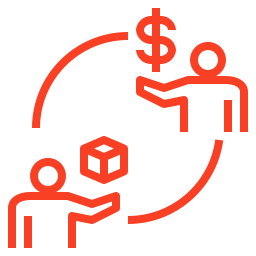
Buyer / Seller KYC
Implementing a KYC in the onboarding stage is recommended. A basic KYC or Video KYC can be incorporated. The KYC data and storage of KYC is very important. The KYC requirements should be based on the country where the NFT Marketplace is registered.
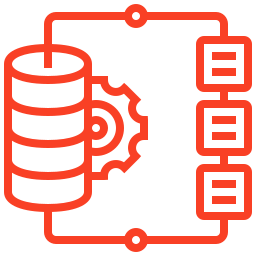
AML Integration
An NFT marketplace must evaluate the money laundering risks that their specific business is exposed to. Marketplaces need to prepare several documents that are fundamental for a regulated business, such as a risk assessment, AML policies, AML compliance program, customer acceptance policy, etc.
Frequently Asked Questions
How to create an NFT Marketplace?
To create an NFT Marketplace, purchasing GegoSoft’s NFT Marketplace Software is an effective strategy. This software provides a comprehensive and ready-to-use platform, allowing you to launch your own NFT Marketplace efficiently. It includes essential features tailored for the NFT market, ensuring a smooth and user-friendly experience for both sellers and buyers in the digital assets space.
What will be the overall time duration to create an NFT marketplace?
The time to create an NFT marketplace varies based on design and functional requirements. However, using GegoSoft’s NFT Software can significantly reduce development time by approximately 400 hours. This software streamlines the process by providing a robust foundation, thereby accelerating the journey from concept to launch.
How cost-effective is your NFT marketplace website development?
Opting for a ready-built clone script is the most cost-effective approach for NFT marketplace website development. This method minimizes the need for extensive custom development, reducing both costs and time. GegoSoft’s clone scripts are designed to offer functionality and scalability, making it a budget-friendly option for launching a competitive NFT marketplace.
Which is the Best NFT Marketplace Development Company?
GegoSoft aims to be the leading NFT Marketplace Development Company. By focusing on understanding and meeting the demands of Web3 and the NFT Market, GegoSoft dedicates its team and resources to learning and innovation. Their commitment to staying at the forefront of technology and market trends positions them as a top contender in the field.
What are the benefits of developing an NFT marketplace with GegoSoft Technologies?
Developing an NFT marketplace with GegoSoft Technologies offers numerous benefits. Their experienced team, ready-built NFT Engine, in-house UI design team, blockchain developers, and smart contract developers ensure a comprehensive and skilled approach. Additionally, GegoSoft provides robust tech support and post-launch assistance, guaranteeing a reliable and well-supported marketplace.
Do you offer custom NFT Marketplace development services?
Yes, GegoSoft offers custom NFT Marketplace development services. This allows clients to tailor the marketplace to their specific needs and preferences. Their approach is flexible, accommodating a range of customizations from design tweaks to complete overhauls, ensuring that each marketplace uniquely aligns with the client’s vision and business objectives.
Tech Stack for NFT Marketplace Development
For NFT Marketplace Development, a range of cutting-edge technologies and tools are employed to ensure a robust, efficient, and user-friendly platform. Here’s a breakdown of the technologies used:
Front End Development:
React A JavaScript library for building user interfaces, ideal for creating interactive and dynamic single-page applications.
Web3 JS: A collection of libraries enabling interaction with a local or remote Ethereum node, crucial for integrating blockchain features.
Ether JS: An alternative to Web3 JS, used for interacting with the Ethereum Blockchain, known for its lightweight and secure nature.
Back End Development:
MongoDB: A NoSQL database offering high performance, flexibility, and scalability, suitable for managing large volumes of data.
Node.js: A JavaScript runtime ideal for building scalable network applications, capable of handling numerous connections simultaneously.
Express : A web application framework for Node.js, simplifying the development of the backend server.
Storage
IPFS (InterPlanetary File System): A protocol and peer-to-peer network for storing and sharing data in a distributed file system.
Metadata Generation
JSON: Used for creating and managing metadata associated with NFTs, providing a structured and easy-to-interpret format.
User Interface Development
HTML: The standard markup language for documents designed to be displayed in a web browser.
TailwindCSS: A utility-first CSS framework for rapidly building custom designs.
UI Prototyping:
Figma: A powerful design tool used for UI prototyping, allowing for collaborative and interactive design work.
Code Repository and Version Control:
GitLab: A web-based DevOps lifecycle tool that provides a Git repository manager, used for source code management.
Smart Contract Development:
Solidity: A programming language for writing smart contracts on various blockchain platforms, particularly Ethereum.
These technologies together create a comprehensive ecosystem for NFT marketplace development, covering all aspects from user interface design to backend processing and blockchain integration.
NFT Marketplace Demo
Please fill out the form below to receive a link to our NFT Marketplace Demo, connected to the Ethereum testnet. This demo will give you a hands-on feel for our platform’s features and capabilities. We’re also open to hearing your customization queries to tailor the marketplace to your needs. If you require testnet Ethereum for a more thorough exploration, feel free to contact us via live chat for assistance. Our team is here to support your journey into the world of NFTs and ensure a seamless experience.
Explore NFT Marketplace Business Models
Discover How to Generate Revenue by Establishing Your Own NFT Marketplace
NFT Music Marketplace Development
Learn about the development of NFT music marketplaces, a cutting-edge convergence of music and technology.
NFT Ticketing System for Events
Learn about the innovative approach to event ticketing that leverages blockchain technology.
